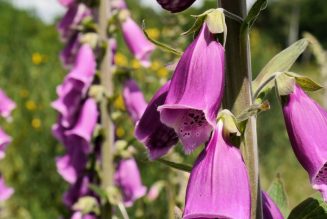Although herbs are generally safe with very few side effects, one should be responsible and careful when using any herb.
Some herbs can have dangerous interactions with conventional medications, so if you are on any medications, consult a professional doctor, herbalist or naturopath first before you start any herbal treatment.
If you do react badly to a herbal remedy, stop taking it immediately and seek professional help.
How to use herbs safely:
– Over-the-counter herbs are generally safe.
– If you are harvesting herbs from the wild, you have to know exactly what herb it is that you are collecting.
– Make sure that you use the correct part of the plant.
– Match the correct herb to the condition that you want to treat.
– Stick to well-known herbs, with minimal side effects.
– Check if the herb has been prepared properly.
– Always tell your health-care professional what conventional medication or herbal remedy you are on.
– If you are on any prescribed medication, seek professional advice before using any herbal remedy.
– Some herbs can trigger allergic reactions, so if you are allergy-prone visit a qualified herbalist before taking any herb.
Take note of the following dangerous interactions:
– The most common dangerous interactions between herbs and conventional medicine happen in people that are using anticoagulants (blood thinning) drugs like Warfarin and Heparin.
– Certain herbs like Gingko biloba and Chinese angelica enhance the blood thinning activity of anticoagulants thereby increasing someone’s risk of internal and external bleeding.
St Johns wort if you are taking antibiotics, anti-epileptics, immune-suppressants or anti-depressants you should not take St. John’s wort as it can reduce the effectiveness of the other drugs.








